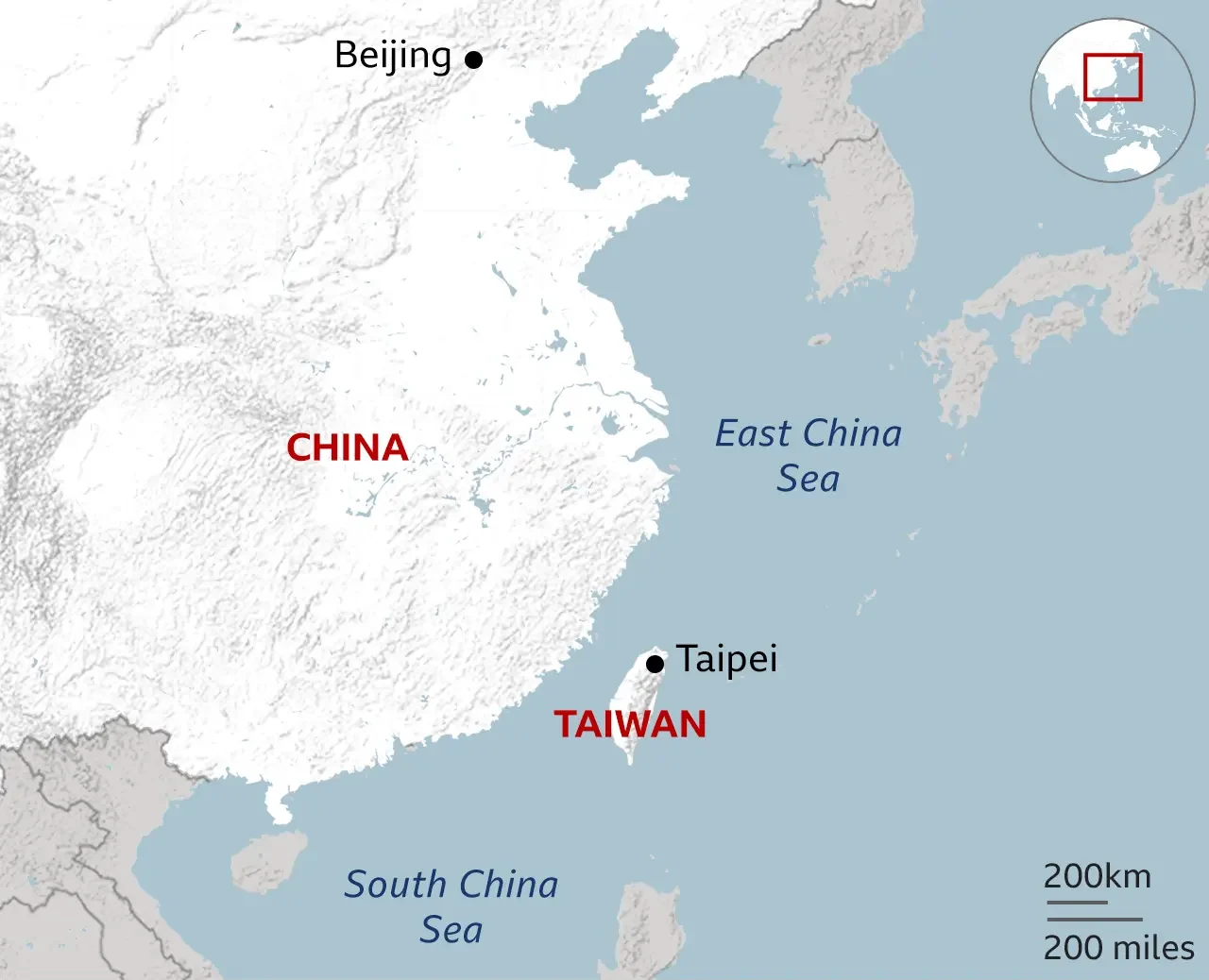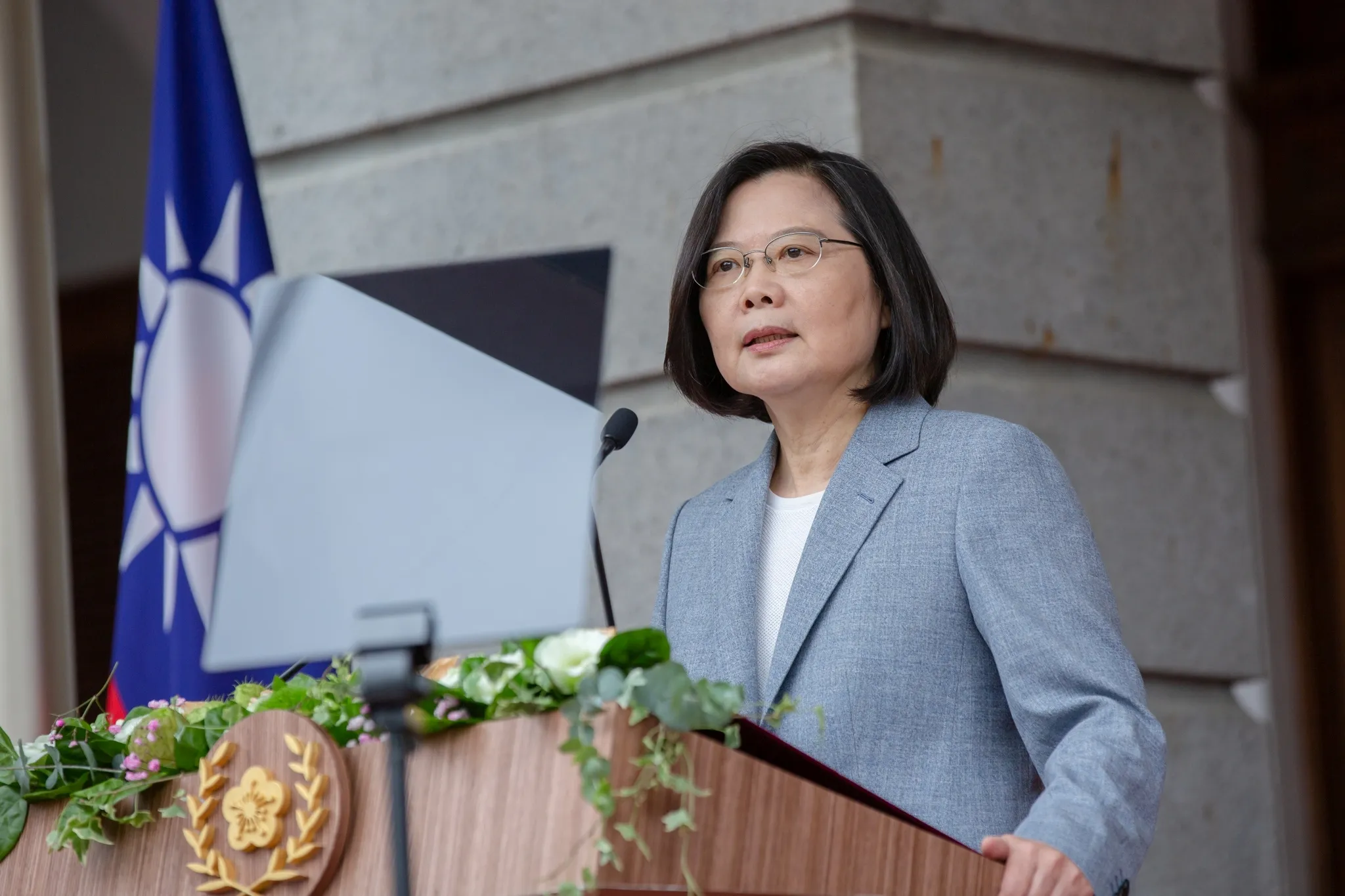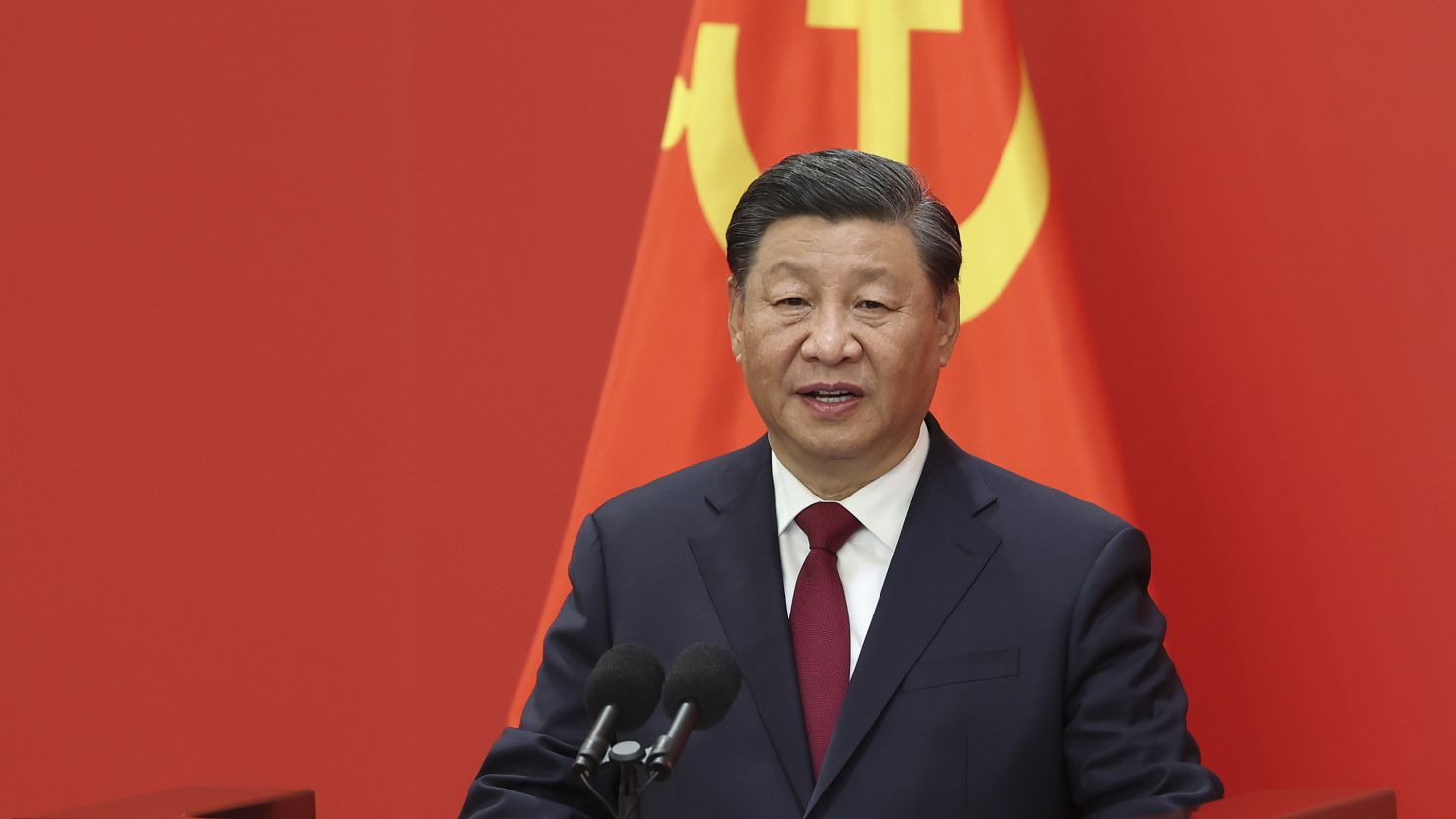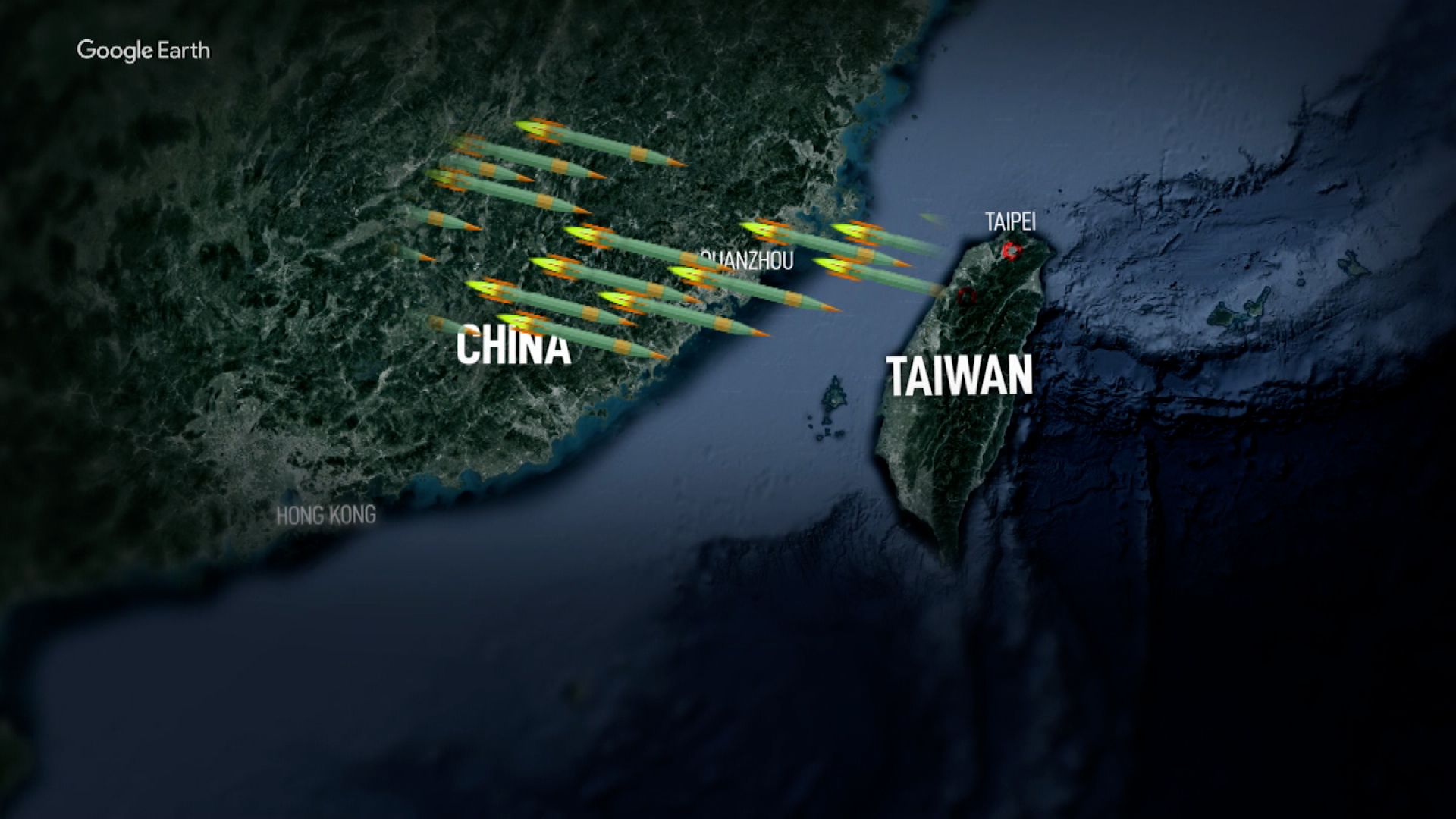As tensions between China and Taiwan continue to escalate, it is crucial to understand the historical background of their relationship and the implications of China’s growing influence on Taiwan’s security. The Taiwan-China relationship is a complex one, shaped by historical, political, and economic factors. In this article, I will delve into the historical context, China’s increasing influence in the region, its impact on Taiwan’s security, and the responses from Taiwan and the international community. Additionally, I will explore the economic and military implications of these tensions, and the role of the United States in the Taiwan-China relationship.
Historical Background of the Taiwan-China Relationship
The roots of the indrabet Taiwan-China relationship can be traced back to the Chinese Civil War, which lasted from 1945 to 1949. The conflict resulted in the victory of the Chinese Communist Party (CCP) led by Mao Zedong, and the establishment of the People’s Republic of China (PRC) on the mainland. The defeated Kuomintang (KMT) party, led by Chiang Kai-shek, retreated to Taiwan and established the Republic of China (ROC) government in exile. This division led to the ongoing dispute over the legitimacy of the Chinese government, with both sides claiming to be the legitimate rulers of China.
For decades, the relationship between Taiwan and China was characterized by hostility and a lack of formal diplomatic ties. However, in recent years, China has adopted a more assertive approach towards Taiwan, seeking to isolate the island diplomatically and increase its influence in the region. China has also refused to renounce the use of force to bring Taiwan under its control, which has further heightened tensions.

China’s Growing Influence in the Region
China’s growing influence in the region is a cause for concern for Taiwan’s security. Beijing has been using its economic clout to exert pressure on countries to sever diplomatic ties with Taiwan and recognize the PRC as the legitimate government of China. This has resulted in a shrinking number of countries that officially recognize Taiwan and has isolated the island on the international stage.
Additionally, China has been increasing its military capabilities, including the development of advanced ballistic missiles, aircraft carriers, and cyber warfare capabilities. This military buildup poses a direct threat to Taiwan’s security, as it significantly enhances China’s ability to project force across the Taiwan Strait.
The Impact of China’s Influence on Taiwan’s Security
China’s growing influence in the region has had a significant impact on Taiwan’s security. The increasing isolation of Taiwan on the international stage has left the island vulnerable to economic coercion and diplomatic pressure. The loss of diplomatic allies has not only undermined Taiwan’s international standing but has also weakened its ability to resist Chinese aggression.
Furthermore, China’s military buildup poses a direct threat to Taiwan’s security. The PLA’s modernization efforts have shifted the military balance in the region, making it increasingly difficult for Taiwan to defend itself against a potential invasion. The threat of military conflict looms large, and Taiwan must constantly be on guard to ensure its security.
Taiwan’s Response to China’s Growing Influence
In response to China’s growing influence, Taiwan has adopted a multi-faceted approach to safeguard its security. Firstly, Taiwan has sought to strengthen its diplomatic ties with countries that are willing to maintain unofficial relations. This includes deepening economic cooperation, promoting cultural exchanges, and enhancing people-to-people connections. By doing so, Taiwan aims to counter China’s diplomatic isolation campaign and strengthen its international standing.
Secondly, Taiwan has embarked on a comprehensive military modernization program. This includes the acquisition of advanced defensive capabilities, such as anti-ship missiles, submarines, and stealth fighters. By enhancing its military capabilities, Taiwan aims to deter potential aggression and demonstrate its resolve to defend its sovereignty.

International Perspectives on the Taiwan-China Tensions
The tensions between Taiwan and China are not limited to the two parties involved. The international community closely watches the developments in the Taiwan Strait, as the stability of the region has far-reaching implications. Many countries are concerned about the potential for conflict and the disruption it may cause to regional security and trade.
Some countries, such as the United States and Japan, have expressed their support for Taiwan and emphasized the importance of maintaining peace and stability in the region. Others have adopted a more cautious approach, balancing their economic interests with their strategic concerns. The international community plays a crucial role in shaping the dynamics of the Taiwan-China relationship and maintaining the status quo.
Economic Implications of the Tensions
The tensions between Taiwan and China have significant economic implications for both parties and the wider region. China is Taiwan’s largest trading partner, and any disruption to economic ties would have severe consequences for the Taiwanese economy. Taiwan’s high-tech industries, in particular, are deeply integrated into global supply chains, and any disruption to these networks would have ripple effects across the world.
On the other hand, Taiwan has been diversifying its economic relationships to reduce its reliance on China. The government has implemented policies to attract foreign investment and promote trade with countries outside the region. By doing so, Taiwan aims to reduce its vulnerability to economic coercion and ensure its long-term economic stability.
Military Implications of the Tensions
The military implications of the tensions between Taiwan and China are a cause for concern for the entire region. The PLA’s modernization efforts have significantly enhanced its military capabilities, allowing it to project force across the Taiwan Strait. China’s increasing military assertiveness raises the risk of a potential conflict, which could have devastating consequences for both sides.
In response, Taiwan has been strengthening its defense capabilities and investing in advanced military technologies. The goal is to create a robust deterrence posture that would make any potential invasion of Taiwan too costly for China to undertake. However, the military balance remains heavily skewed in China’s favor, and Taiwan faces an ongoing challenge to maintain its deterrence capabilities.

The Role of the United States in the Taiwan-China Relationship
The United States plays a crucial role in the Taiwan-China relationship, as it is Taiwan’s most important security partner. The U.S. has a long-standing commitment to Taiwan’s security and has provided arms sales and other forms of military support to the island. The U.S. also maintains unofficial diplomatic relations with Taiwan, and the Taiwan Relations Act commits the U.S. to support Taiwan’s self-defense capabilities.
In recent years, the U.S. has taken a more assertive stance towards China’s actions in the region. The Trump administration, in particular, adopted a more confrontational approach, which has continued under the Biden administration. The U.S. has increased its military presence in the region, conducted freedom of navigation operations in the Taiwan Strait, and strengthened its diplomatic ties with Taiwan. The U.S. remains committed to maintaining peace and stability in the Taiwan Strait and ensuring Taiwan’s security.
Conclusion
The tensions between Taiwan and China are complex and multifaceted, with significant implications for regional security and stability. China’s growing influence poses a direct threat to Taiwan’s security, both economically and militarily. Taiwan has responded by strengthening its diplomatic ties, enhancing its military capabilities, and seeking international support. The international community, particularly the United States, plays a crucial role in shaping the dynamics of the Taiwan-China relationship and maintaining peace and stability in the region. It is essential for all parties involved to find peaceful and mutually beneficial solutions to the tensions, ensuring the security and well-being of the people of Taiwan.

